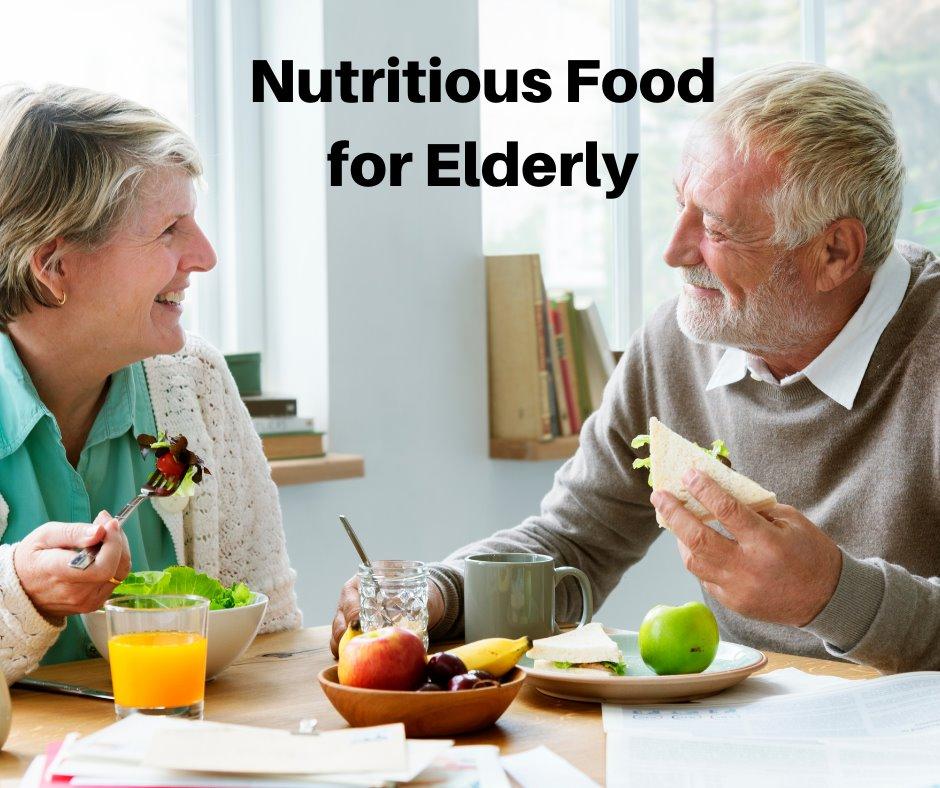As people age, maintaining good nutrition becomes increasingly important to preserve health and improve quality of life. Older adults often face unique nutritional challenges that can affect their physical, mental, and emotional well-being. In this article, we will explore the role of nutrition in geriatrics and discuss how proper diet and nutrition can support healthy aging.

The Importance of Proper Nutrition for Older Adults
Proper nutrition is essential for older adults to maintain energy, prevent disease, and promote overall health. As we age, our metabolism slows down, and the body may not absorb nutrients as efficiently as it once did. This can lead to deficiencies in key nutrients such as vitamins, minerals, and protein. Without adequate nutrition, older adults may experience weight loss, muscle weakness, fatigue, and a weakened immune system.
Additionally, nutrition plays a crucial role in managing chronic conditions such as diabetes, heart disease, and osteoporosis. For example, a heart-healthy diet rich in fruits, vegetables, whole grains, and lean proteins can help manage blood pressure and cholesterol levels. Similarly, a diet high in calcium and vitamin D can help maintain bone health and reduce the risk of fractures.
Common Nutritional Challenges in Geriatrics
Older adults often face several barriers to proper nutrition. One common issue is a decreased appetite, which can result from changes in taste and smell, medications, or underlying health conditions. Many older adults also have difficulty chewing or swallowing, which can make it challenging to eat a well-balanced diet. For those with limited mobility, shopping for and preparing healthy meals may also be difficult.
Another challenge is the risk of malnutrition. According to the National Institute on Aging, approximately 1 in 3 older adults is at risk of malnutrition. This can be due to factors such as financial constraints, social isolation, or a lack of knowledge about proper nutrition. Malnutrition can lead to serious health complications, including weakened immunity, delayed wound healing, and increased hospitalizations.
Tips for Promoting Healthy Eating in Older Adults
Promoting healthy eating habits in older adults involves addressing the challenges they face and providing practical solutions. Here are some tips to help older adults maintain a balanced diet:
- Encourage smaller, more frequent meals: If appetite is a concern, eating smaller meals throughout the day can help increase overall food intake.
- Focus on nutrient-dense foods: Choose foods that are rich in essential nutrients, such as fruits, vegetables, whole grains, and lean proteins. These foods provide the most nutritional value with fewer calories.
- Modify textures if needed: For individuals with chewing or swallowing difficulties, offer softer foods or puree meals to make eating easier.
- Stay hydrated: Older adults are at risk of dehydration, so it’s important to encourage regular fluid intake. Water, herbal teas, and soups can help maintain hydration levels.
Conclusion
Good nutrition is a cornerstone of healthy aging. By addressing the unique challenges older adults face, such as decreased appetite and difficulty chewing, we can ensure they receive the nutrients they need to maintain physical and mental health. A well-balanced diet, along with proper guidance and support, can help older adults live a longer, healthier, and more fulfilling life.